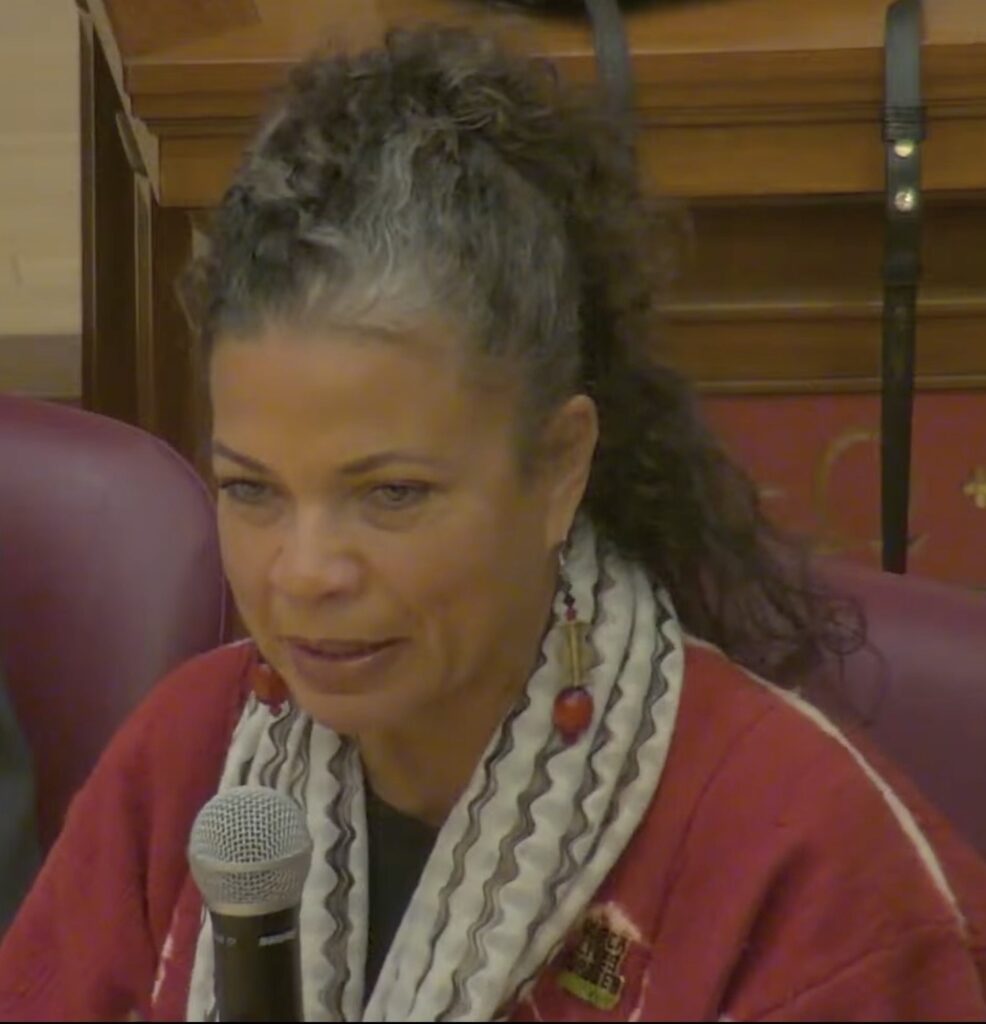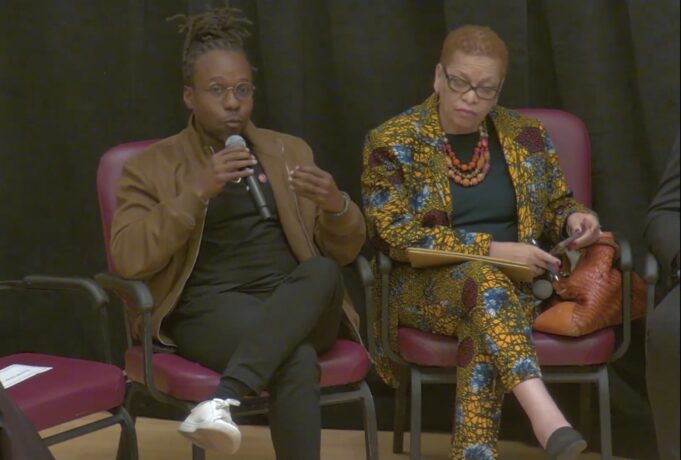WASHINGTON, D.C.—A 2024 post-election town hall organized by the Institute for the Black World 21st Century convened to discuss the results and the way forward for Black America. This meeting abandoned the age-old hand-wringing that typically happens after election results, and speakers reminded the audience that Black people had been in this situation before but that a new path is needed.
The “State of Black America and the Pan African World. Disaster or Progress?” town hall convened Nov. 14. Longtime activist Dr. Ron Daniels is president of the Institute of the Black World 21st Century.
Rev. Grayland Hagler, senior advisor for Fellowship for Reconciliation, USA, was highly critical of both the Republican party and Democratic party. “What we’ve got to be about is organizing our community because folks, even our friends, we had to kick their butt in order to get what we got. Whether you are talking about voting rights or anything that we struggle with, our friends had to be made to do it,” he said.
Rev. Hagler’s remarks received thunderous applause from the audience who braved an almost torrential downpour to get inside the historic New York Presbyterian Church in Washington, D.C., for the town Hall.

Organizing was a central theme for the evening. The election of Donald Trump was revelatory to the panelists because many thought Vice President Kamala Harris’ election was a foregone conclusion.
“Kamala Harris for many of us, even though she felt better than Joe Biden, she didn’t present what we need for Black power,” said Dr. Melina Abdullah, national director of Black Lives Matter Grassroots.
She was Dr. Cornel West’s 2024 vice-presidential running mate. “I am a Black power organizer. I’m born in the 70s in Oakland, California. I’m for my people and I’ve been trained to be for my people,”
She said. Dr. Abdullah also spoke about the importance of young people and that despite hearing people say that young people must “get up,” she argued that “our young people were already up.”
“Our young people were putting everything on the line. I’m the mother of a 20-year-old, an 18-year-old and a 14-year-old. My 20-year-old is a co-founder of Students for Justice in Palestine at Howard University.
They put everything on the line, everything on the line and camped out for months at a time. You got Black folks in neighborhoods putting everything on the line to say, ‘we demand the debt that we’re owed, reparations now and the kind of reparations that comes with a check.’”
She added, “We have to refuse to be the good Negroes that try to quiet the rebels. We have to applaud the rebels. We have to say that it’s the rebels among us who’ve always brought us to freedom.”
Marc Morial, president/CEO, of the National Urban League, shared what he saw while campaigning around the country. “I spent time in Detroit in 10 barbershops, Atlanta, North Carolina, Philadelphia, knocking on doors, speaking to people in the community.
What I was struck by is, this is nothing new. It’s the lack of enthusiasm and faith that any electoral victory can change the economic conditions and the social conditions of our community,” said Mr. Morial.
“I’m not going to suggest that that is a widespread view in Black America, but it’s a significant enough view, that people have lost confidence and it’s a bit of depression. It’s a bit of dejection and it is very, very real. I will tell you we have to not just discuss it from a diagnostic point of view, but we have to discuss it from the point of view of how we can begin to address it,” said Mr. Morial.
Other panelists at the town hall included: Dr. Julianne Malveaux, economist and president emerita of Bennett College for Women; Melanie Campbell, president/CEO of the National Coalition on Black Civic Participation and convener of Black Women’s Roundtable; businessman George Fraser and others. To view the gathering in its entirety, visit ibw21.org.













